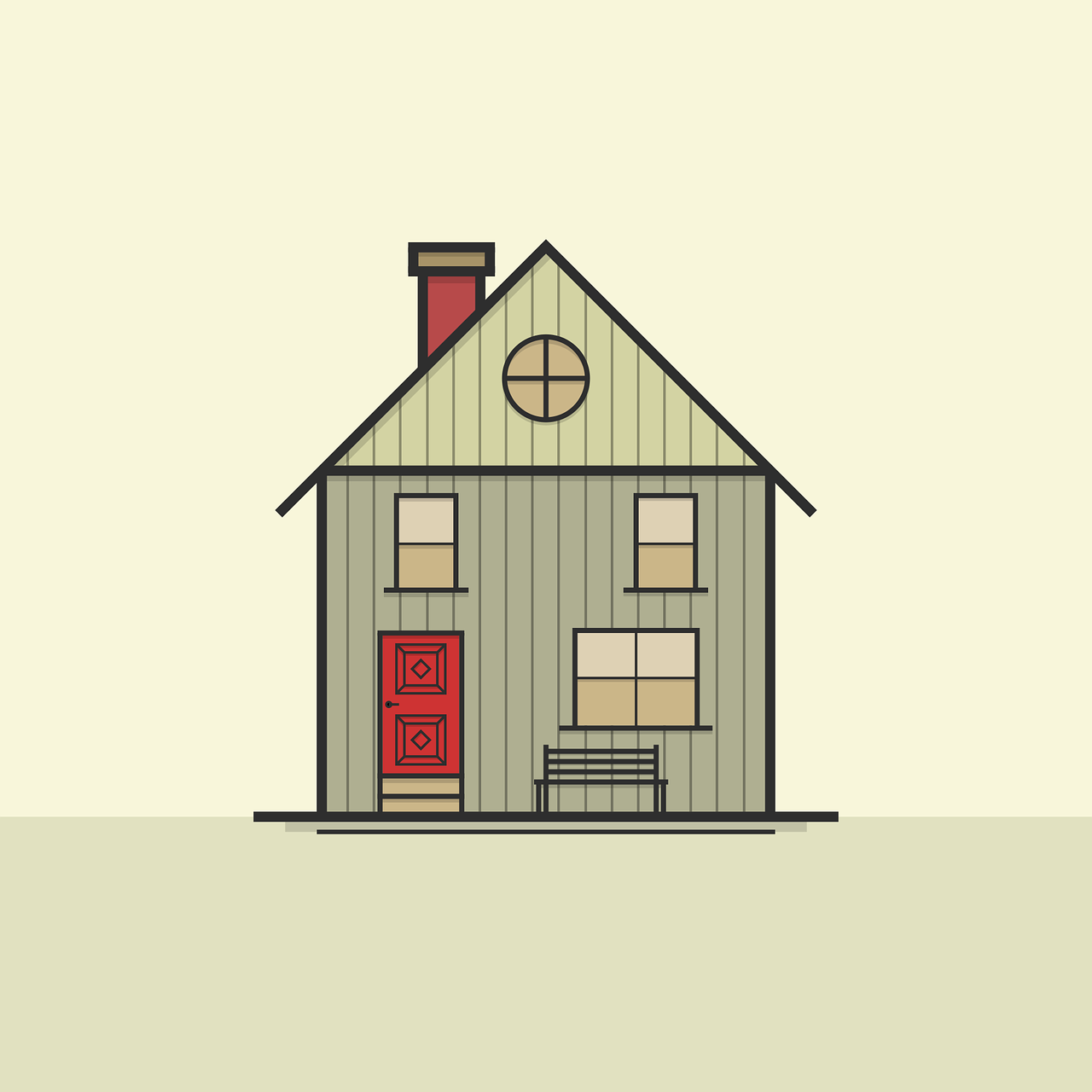Latest News
South Lanarkshire families and carers asked to help with recently discharged hospital patients
Published: Saturday, 21 March 2020

People are being asked to help where possible if a loved one or someone they care for has been discharged from hospital.
South Lanarkshire Health & Social Care Partnership (SLHSCP) is currently working to ensure patients whose discharge has been delayed are able to leave its hospitals as soon as they are medically fit to do so.
This move is designed to minimise their potential exposure to Coronaviris (COVID-19). It will also contribute towards creating vital extra capacity to help NHS Lanarkshire accommodate people requiring intensive care treatment.
The call comes as Coronavirus (Covid-19) is presenting Care at Home services in the area with increasingly significant capacity challenges. Families and carers of those currently in receipt of home care are also being asked to help. Tasks may include dressing, cleaning and cooking.
Val de Souza, chief officer, SLHSCP, said: Our partnership with people in communities is as crucial as it’s ever been as unprecedented demand on our workforce becomes increasingly pronounced.
“To help us reduce this strain and focus on the most medically unwell, we are asking for the public’s help, for family, carers and friends of someone in need of care at home to help out where possible and safe to do so.”
Pressures on Care at Home services
Ms de Souza also highlighted the current pressures on Care at Home services and underlined how members of the public can assist.
She said: “We are prioritising Care at Home services for the most vulnerable on their discharge from hospital and those with existing packages of care.
“We are therefore asking people to mindful that you may now be contacted by our staff and asked to care for a family member or friend. If you are approached I would urge you to think about how you can help using a common sense approach.
“It is clear now that we face a challenge which we have not seen before in our lifetimes. Our overriding objective is about protecting and saving lives. We are hugely grateful for the support of communities, working together with us.”
How you can help:
A simple to follow checklist has been developed to ensure people can safely help loved ones:
• DO make sure you’re well before lending assistance, especially to an older person.
• DO self-isolate if you’re experiencing any symptoms of Coronavirus Covid-19 and look after yourself.
• DO consider others in your family or neighbourhood network who could offer help if you’re self-isolating.
• DO phone a member of your Home Care team immediately if you or a family member is in receipt of Care at Home Services and have symptoms. This will allow us to take steps protect the health of our workforce, and help reduce the potential spread of the virus to other service users.
More on Coronavirus (Covid-19)
If you or anyone in your household has a high temperature or a new and continuous cough – even if it’s mild everyone in your household must stay at home for 14 days and keep away from others. Do not go to your GP, hospital or pharmacy. Go to www.nhsinform.scot to check your symptoms and follow the specialist medical advice.
Only call NHS 24 (111) if you can’t get online or your symptoms worsen.
Family, friends and carers are being asked to help until current pressures recede care packages can be reassessed. Where circumstances seriously change before a care package is reassessed, service users or carers are asked to contact a member of their care team.
We are prioritising patient safety by discharging patients as soon as they are medically fit to leave hospital in order to minimise the potential of them having any exposure to the virus in hospital. This is being done with all patients’ safety in mind to ensure their rehabilitation is continued in their home or a familiar setting. Assessments of need may be completed in the community in an interim placement within a nursing or residential care home as well as at home.
More information on COVID-19 can be found at: https://www.nhslanarkshire.scot.nhs.uk/novel-corona-virus-covid-19/




